Wisdom Of Youth
Words by Yang Shi
Photos by Yang Shi
May 16th, 2023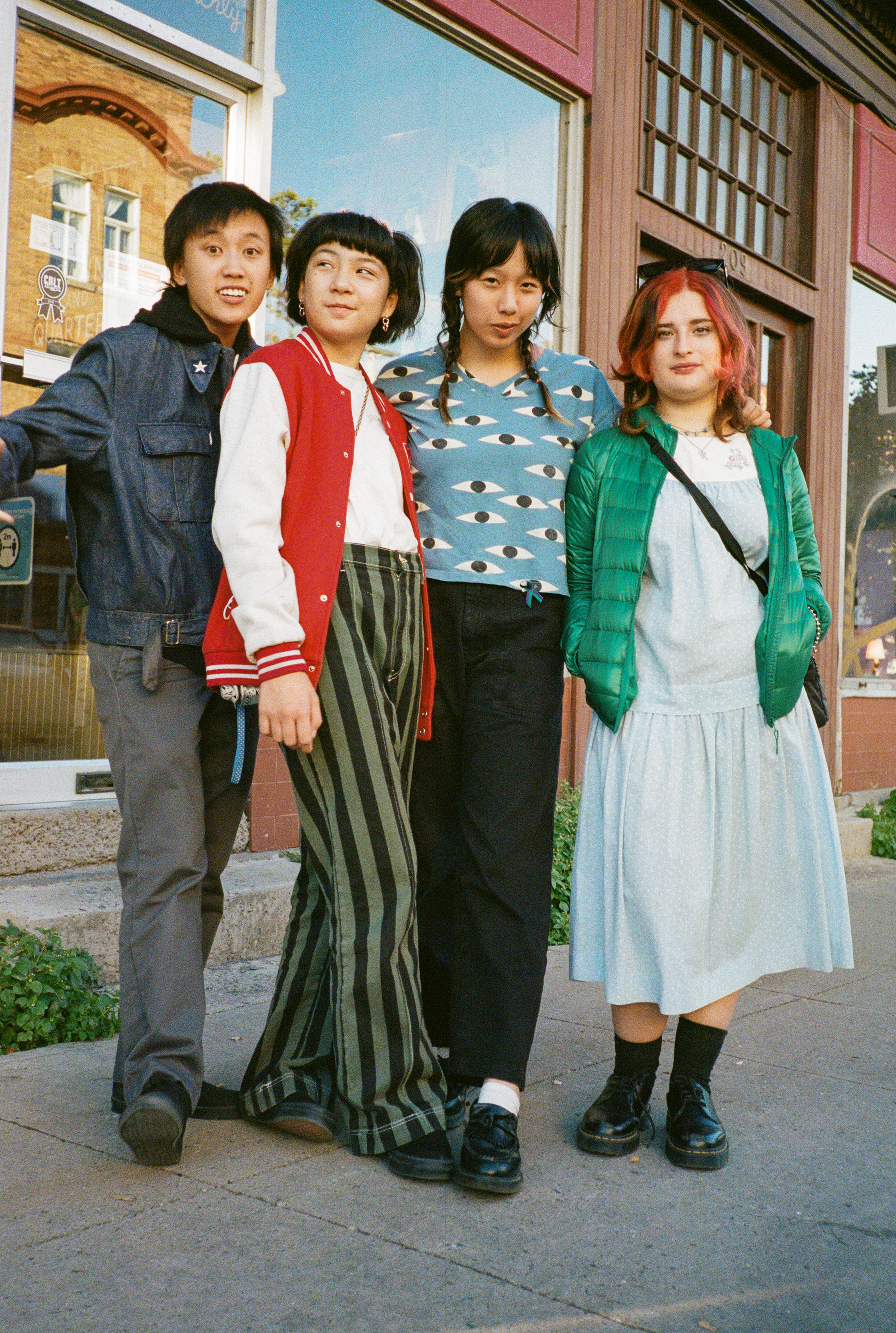
From right to left: Eloise Wong (bass), Mila de la Garza (drums), Lucia de la Garza (guitar), Bela Salazar (guitar).
"I know it's probably bedtime for most of you, but we are so happy to be here! We’re the Linda Lindas," shouts 14-year-old guitarist and singer Lucia de la Garza to a headbanging and fist-pumping crowd of tween fans and their equally ecstatic folks. With all eyes on them, the girl band shredded and growled through their punk anthems, beaming with colossal confidence and rocking every inch of the Montreal Rialto Theater last September during Pop Montreal.
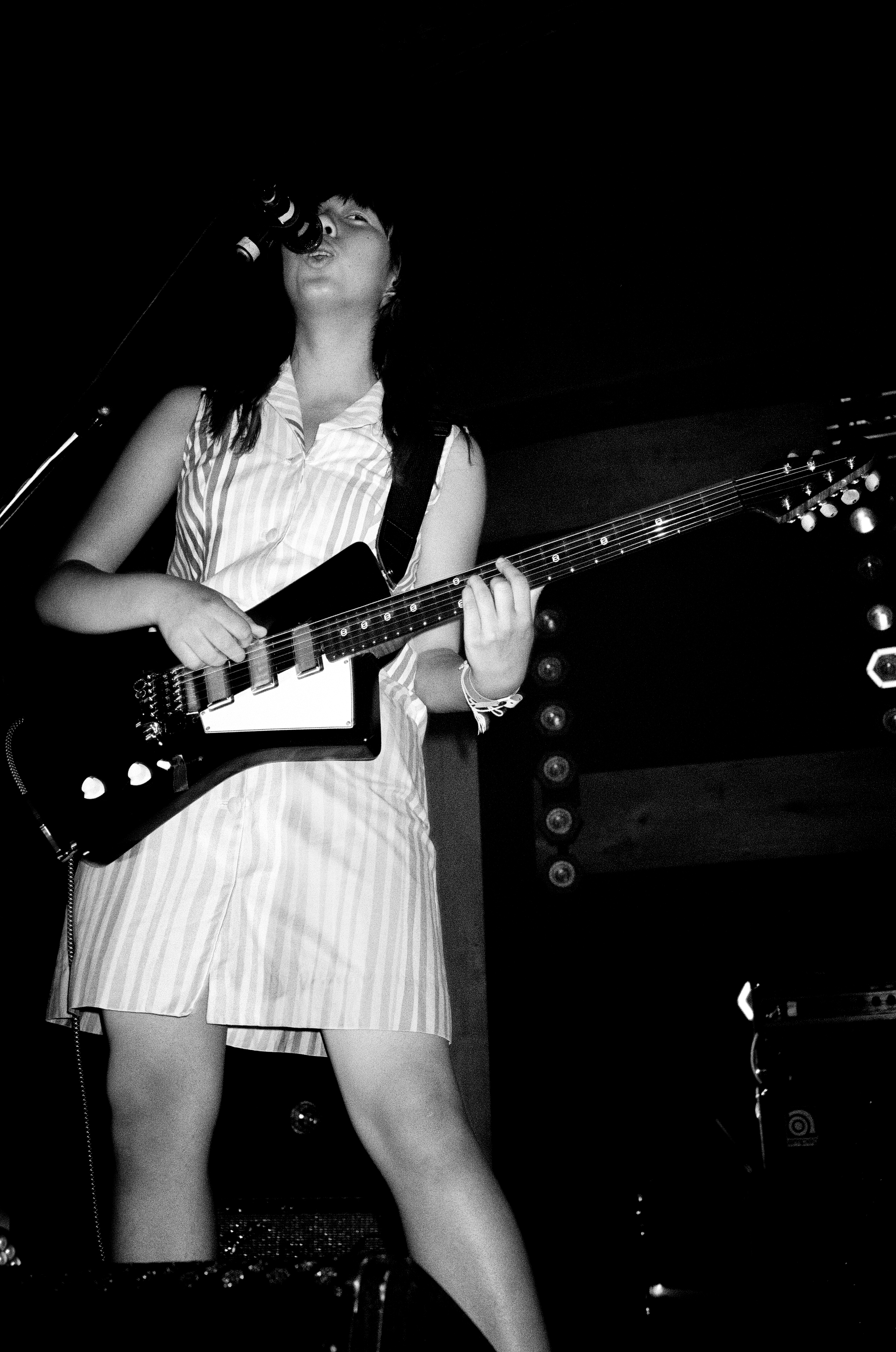

There's something honourable in meeting role models half your age. Such is the case with the Linda Lindas. Half-Asian/half-Latinx, the Linda Lindas are a riot grrrl punk band based in Los Angeles, whose members range from 12 to 18 years old: Mila de la Garza (drums), 12, her sister Lucia de la Garza (guitar), 15, their cousin Eloise Wong (bass), 14, and their longtime friend Bela Salazar (guitar), 18. Growing up together through their shared love of cats, music and bubble tea, the girls began showcasing their talents in the living room of Eloise's parents. These performances led to impromptu gigs in Chinatown. Their luck struck when they scored a spot at Girlschool Festival in 2018, accompanied by the legendary Karen O of the Yeah Yeah Yeahs. A year later, they opened for Bikini Kill at the Hollywood Palladium, and actor-director Amy Poehler noticed and recruited them for her Netflix flick Moxie, where they played a cover of “Rebel Girl”. This year, they rocked the crowd at Coachella, despite some technical issues.
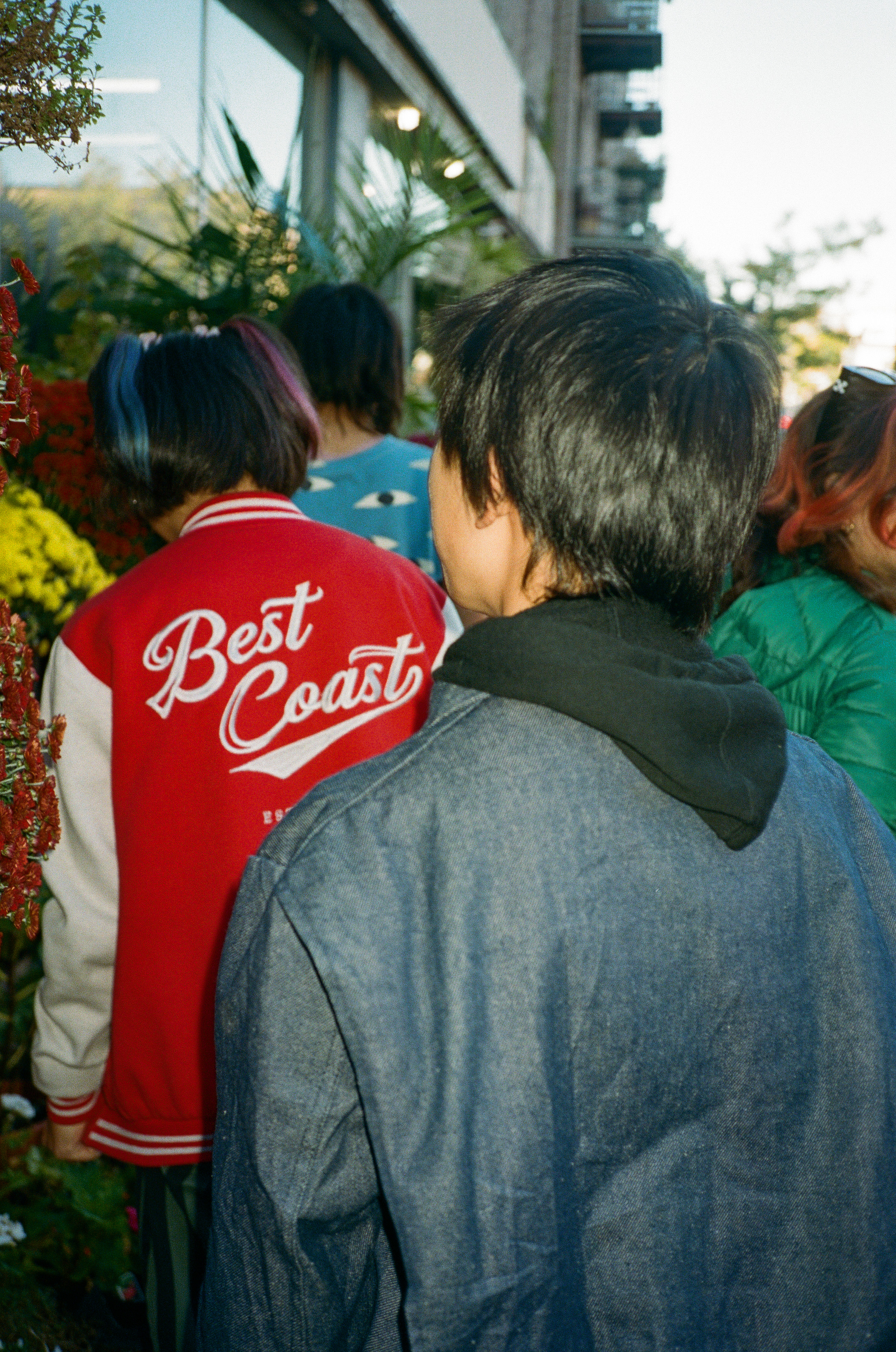

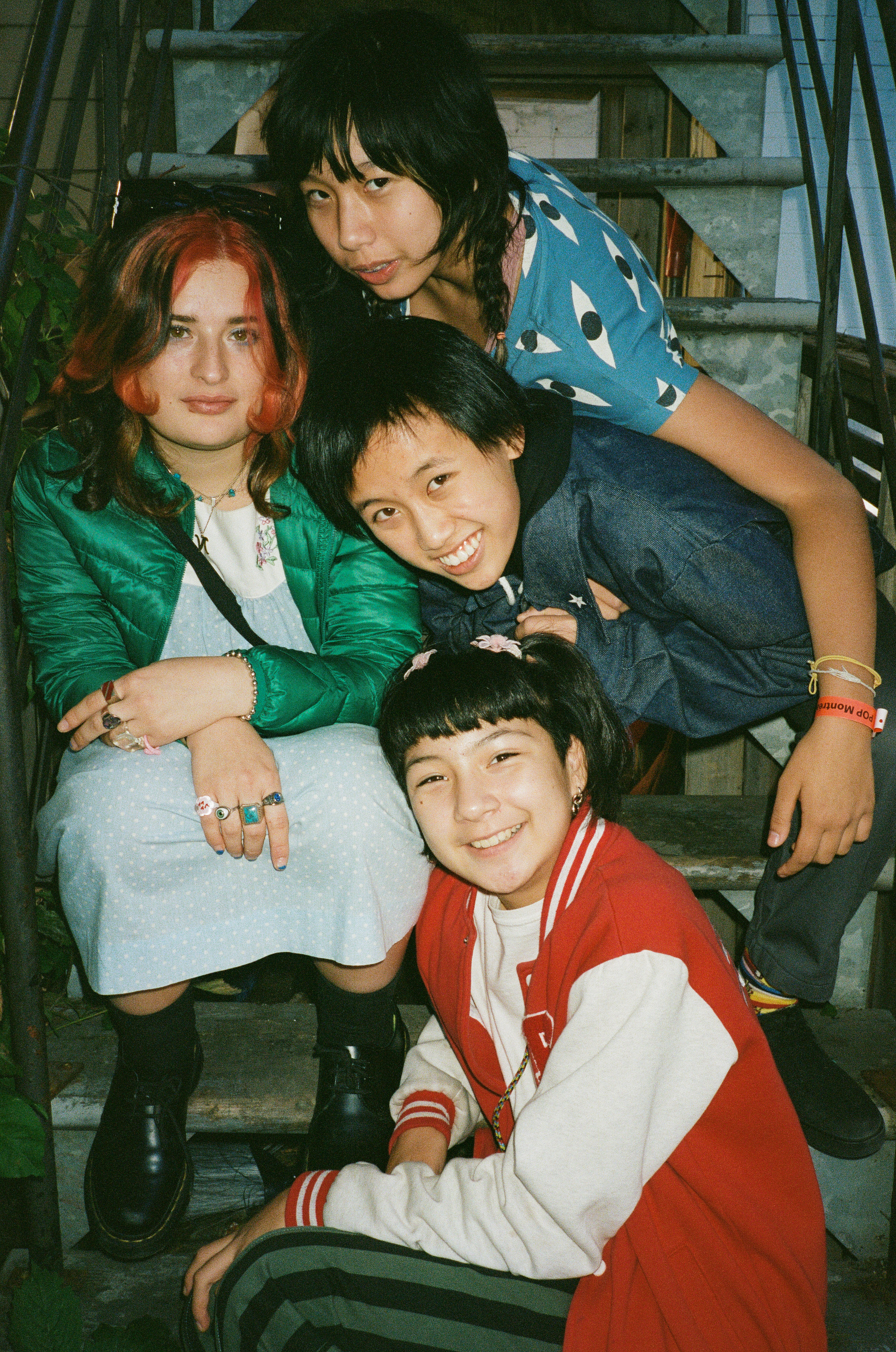
The Linda Lindas' rise to prominence has been nothing short of meteoric. Their electrifying performances have attracted a rapidly expanding fan base, magnetized by their youthful vigour and musical prowess. Their anthems deliver an intense sonic punch, their lyrics are sharp and witty, and their shows brim with infectious joy. The girls first captured our collective imagination during the lockdown—when their explosive performance of "Racist, Sexist Boy" at the Los Angeles Public Library went viral, racking up millions of views across social media platforms. As the curtain rises, Mila, just a tender ten-year-old, takes centre stage to tell the audience about an encounter that has left her seething with frustration and confusion. A young boy from her class approached her and told her that his father had warned him to stay away from the Chinese. And with that, the genesis of this punk masterpiece was born. The strumming of the first guitar chord rumbles through the air like a bolt of lightning, and Eloise unleashes the thunderous refrain of "Racist, Sexist Boy" with unbridled ferocity.

From that promising track that launched them into the spotlight and our hearts, the girls proved they were much more than your typical hitmakers. Despite their unassuming get-ups (berets and braids), they had a message to share with all. “It was cool to see that our song can actually make a difference,” explains Eloise to Rolling Stone, “that so many people can see it, and be affected by it and that we can have an impact even though we’re just four people.”
Speaking out about racism isn't easy, but firing back with a stomping anthem takes a whole new kind of guts. The history of Asian Americans shows that many communities have learned to make themselves small in the face of adversity and not cause trouble. Using punk as the voice of the oppressed, the Linda Lindas are proof that there is power in speaking out, making noise, and taking up space. To the elder generation of Asian Americans, these members embody a kind of role models that were rarities back then, while for the generations to come, their legacy of activism and empowerment thrives on. Perhaps the most important moment in “Racist Sexist Boy” is the phrase "we rebuild what you destroy," a rallying cry that transforms anger into play and performance.
Ultimately, the Linda Lindas are more than just a band. They represent a heartfelt form of self-expression. They remind us that silence is not the only answer to survival and challenge us to reconsider what it means to be young and mighty, to push the limits of what we can accomplish, and not to be afraid of making mistakes. And in case we stumble, we can always fall back on our community—a community that is resilient, supportive and capable of achieving what was once beyond our reach.
Speaking out about racism isn't easy, but firing back with a stomping anthem takes a whole new kind of guts. The history of Asian Americans shows that many communities have learned to make themselves small in the face of adversity and not cause trouble. Using punk as the voice of the oppressed, the Linda Lindas are proof that there is power in speaking out, making noise, and taking up space. To the elder generation of Asian Americans, these members embody a kind of role models that were rarities back then, while for the generations to come, their legacy of activism and empowerment thrives on. Perhaps the most important moment in “Racist Sexist Boy” is the phrase "we rebuild what you destroy," a rallying cry that transforms anger into play and performance.
Ultimately, the Linda Lindas are more than just a band. They represent a heartfelt form of self-expression. They remind us that silence is not the only answer to survival and challenge us to reconsider what it means to be young and mighty, to push the limits of what we can accomplish, and not to be afraid of making mistakes. And in case we stumble, we can always fall back on our community—a community that is resilient, supportive and capable of achieving what was once beyond our reach.
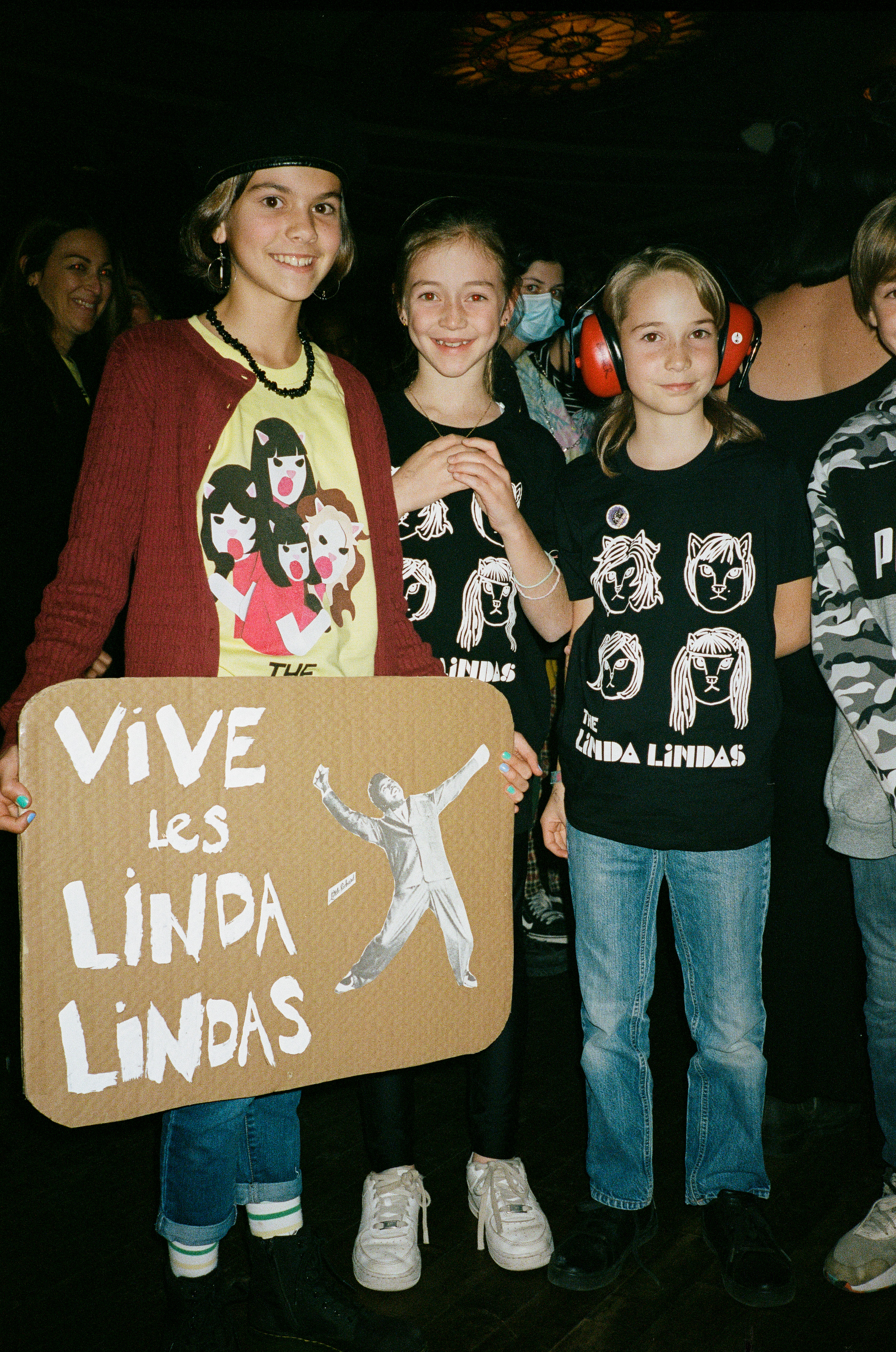

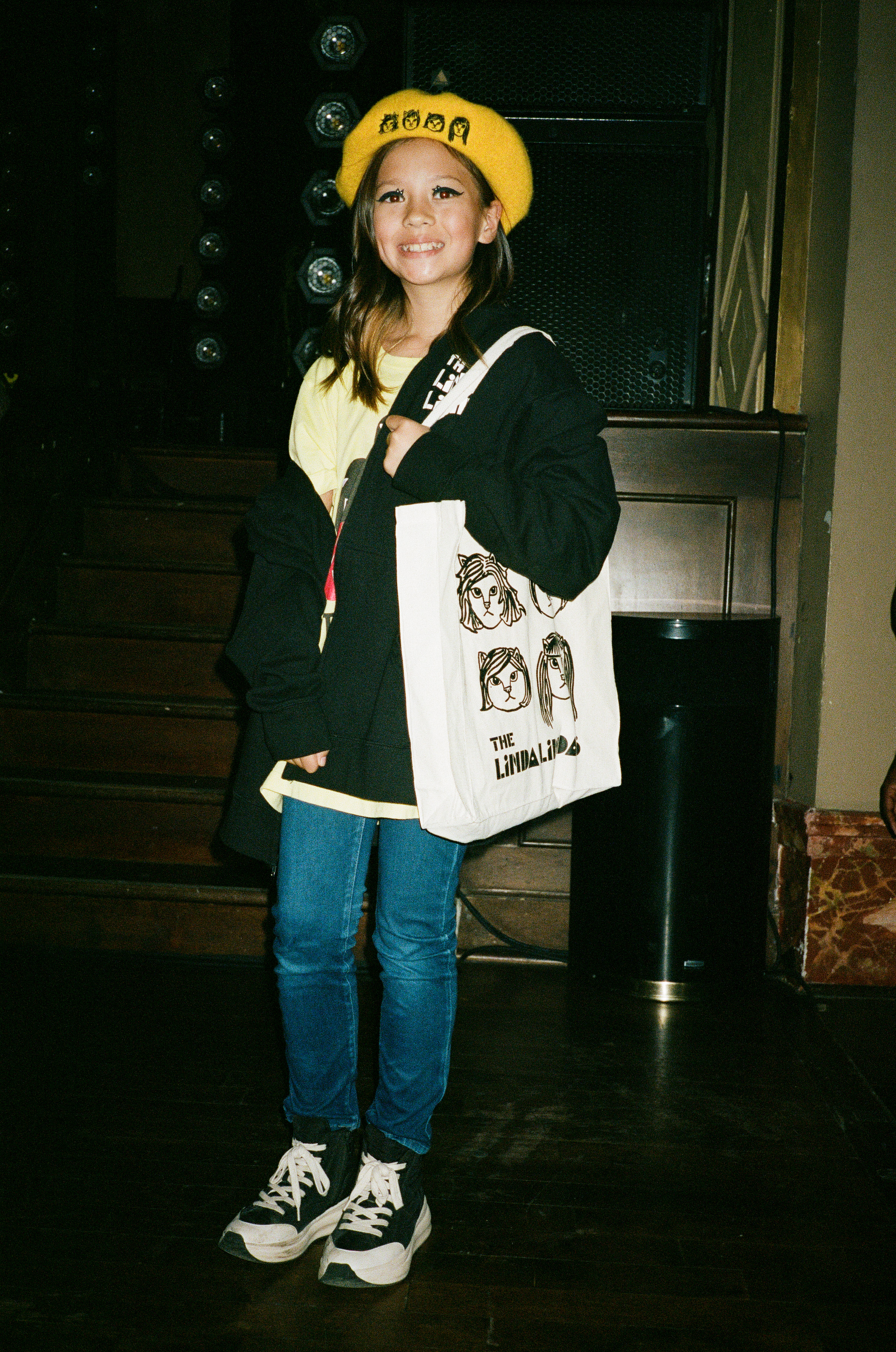
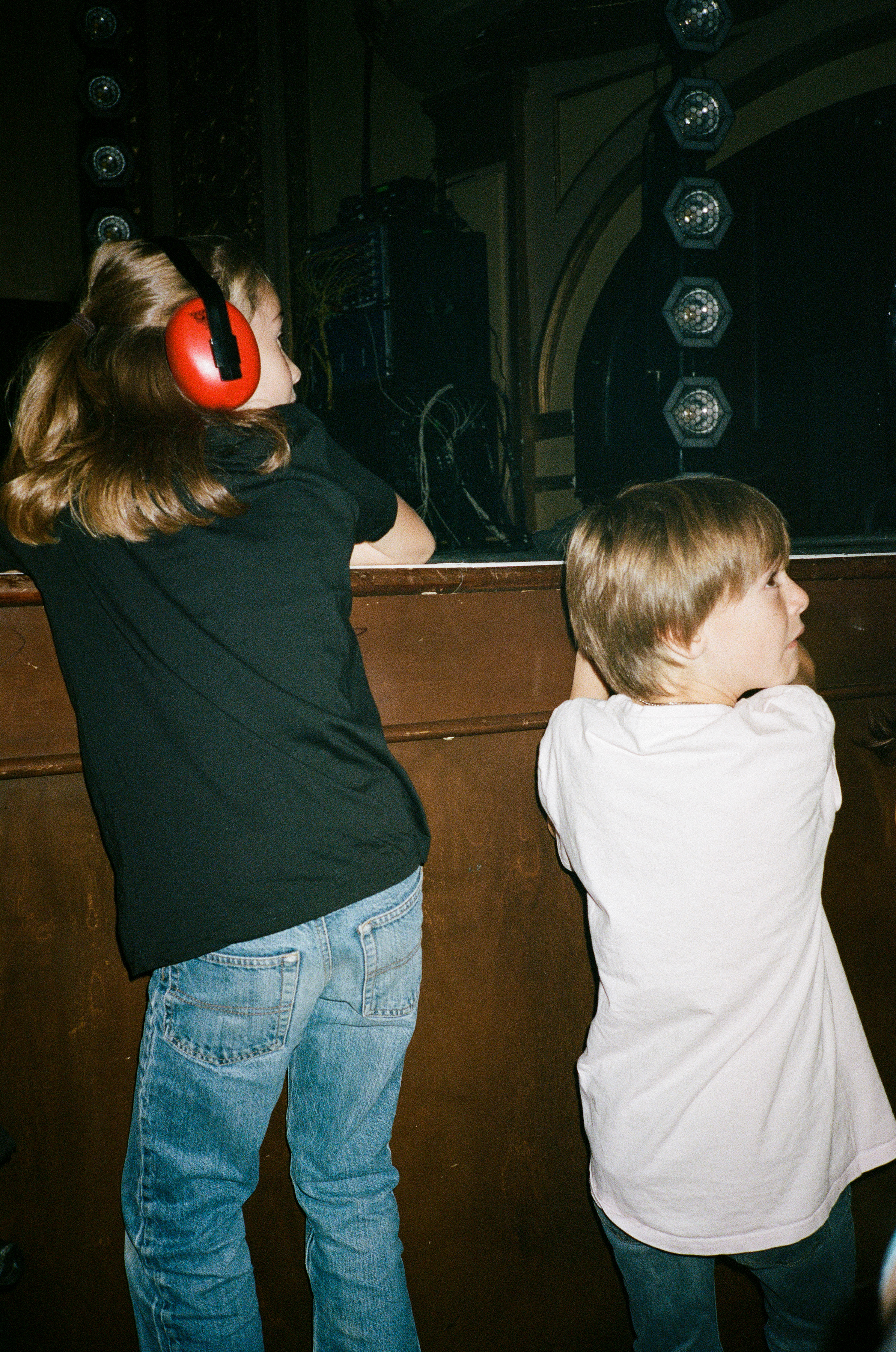
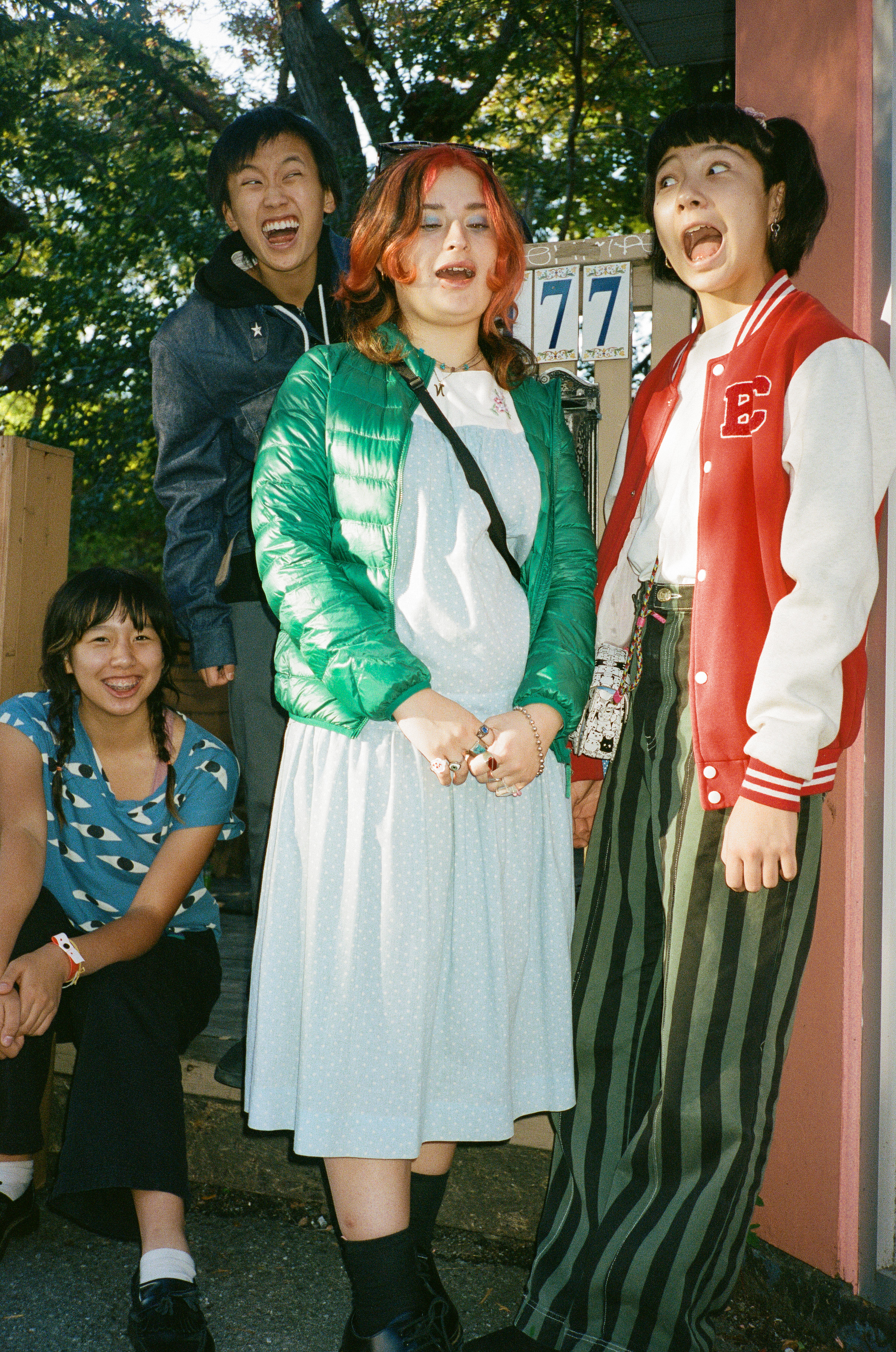
ABOUT THE AUTHOR
Yang Shi is a multidisciplinary creative and lifestyle editor at Sticky Rice Magazine. Born in China and raised in Montreal, she loves food, rock ’n’ roll, and a good meme.








